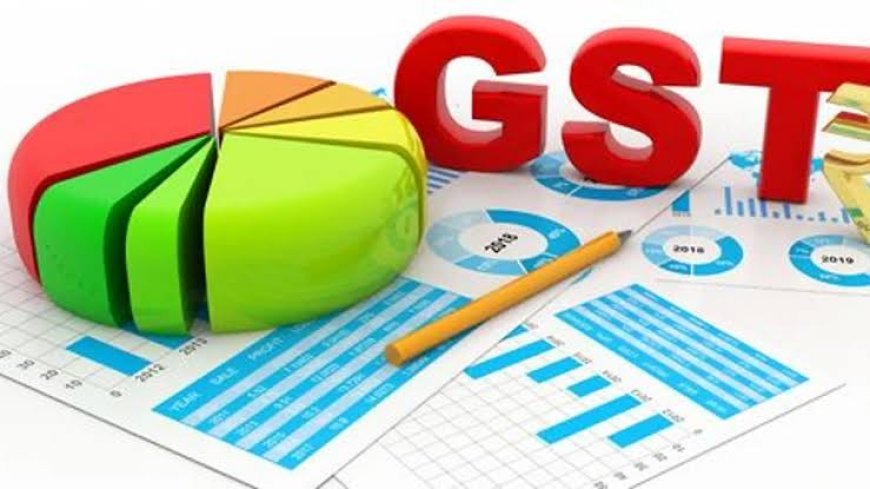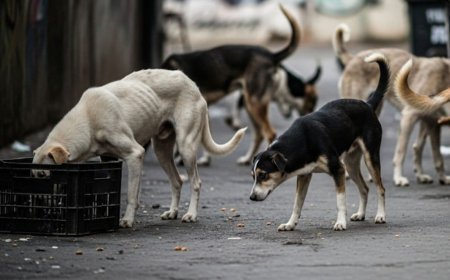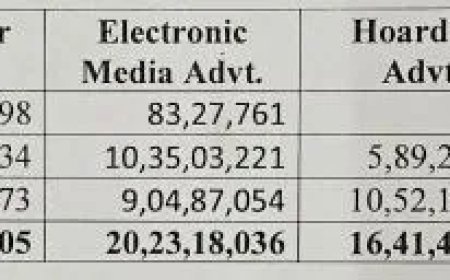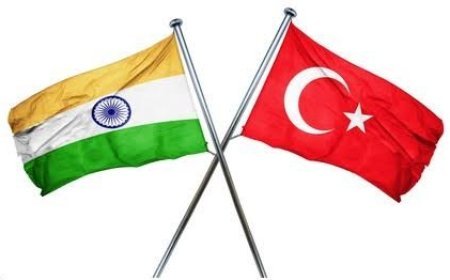GST Council Approves Major Rate Cuts on Daily-Use Goods
From milk to medicines, several essentials to become cheaper; Odisha sees big relief for kendu leaf workers.

Bhubaneswar : India’s Goods and Services Tax (GST) structure is set for a major overhaul, with the GST Council approving new rates on Wednesday. From September 22, most daily-use goods will become cheaper as the country moves to two broad tax slabs—5 per cent and 18 per cent—while a steep 40 per cent slab is reserved for sin and luxury goods.
Chief Minister Mohan Charan Majhi welcomed the decision, calling it a step towards fulfilling Prime Minister Narendra Modi’s vision of “Vikshit Bharat by 2047.” He said the changes would ease the burden on farmers, MSMEs, kendu leaf workers, and middle-class families.
Food, Essentials, and Healthcare Relief
UHT milk is now tax-free, while butter, ghee, paneer, and cheese will attract just 5 per cent GST. Everyday foods like biscuits, pasta, chocolates, and dry fruits have also been shifted to the lower slab. Popular snacks such as namkeens and bhujia will now be taxed at only 5 per cent.
Fertilisers and crop inputs have seen a reduction to 5 per cent, offering relief to farmers. For Odisha, kendu leaves—vital for tribal livelihoods—will also attract just 5 per cent GST.
Healthcare has received a major push, with life-saving drugs, thermometers, glucometers, and insurance policies becoming cheaper or tax-free.
Sin Goods Stay Costly
Cigarettes, gutkha, pan masala, and premium liquor will remain under high GST slabs, now taxed at 40 per cent under the new structure. Their valuation will be linked to Retail Sale Price to curb evasion.
Boost for Odisha
Majhi said the reforms will cut compliance costs, spur demand, and improve rural income. “This rationalisation will strengthen tribal livelihoods and make essentials affordable for every household,” he said.
What's Your Reaction?























































